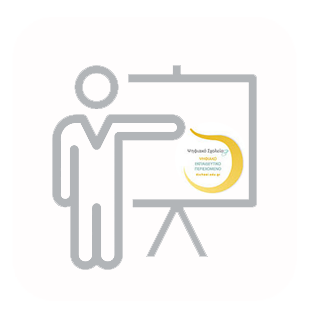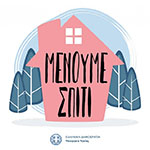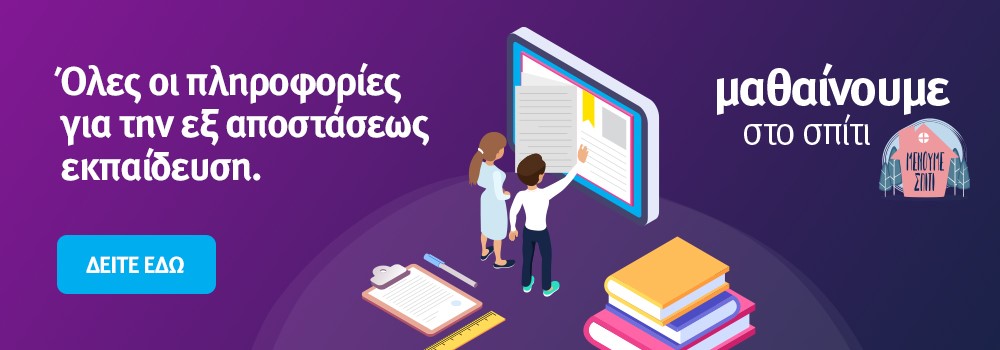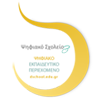Υπενθυμίζουμε ότι η μηδενική χρέωση μέσω κινητής τηλεφωνίας ισχύει για τις ιστοσελίδες που αναφέρονται στο
(δελτίο τύπου του ΥΠΑΙΘ), όπου περιλαμβάνονται τα Διαδραστικά Σχολικά Βιβλία ( e-books.edu.gr ), η κεντρική πύλη αναζήτησης ΦΩΤΟΔΕΝΤΡΟ ( photodentro.edu.gr ) και όλα τα Αποθετήρια Εκπαιδευτικών Πόρων Φωτόδεντρο ( photodentro.edu.gr/lor , photodentro.edu.gr/video , photodentro.edu.gr/edusoft , photodentro.edu.gr/ugc , photodentro.edu.gr/oep , photodentro.edu.gr/i-create ).
Η προβολή περιεχομένου που φιλοξενείται σε εξωτερικά αποθετήρια ή ιστοσελίδες εκτός των παραπάνω ή το άνοιγμα συνδέσμων που οδηγούν σε εξωτερικό περιεχόμενο δεν υπάγονται στη μηδενική χρέωση.
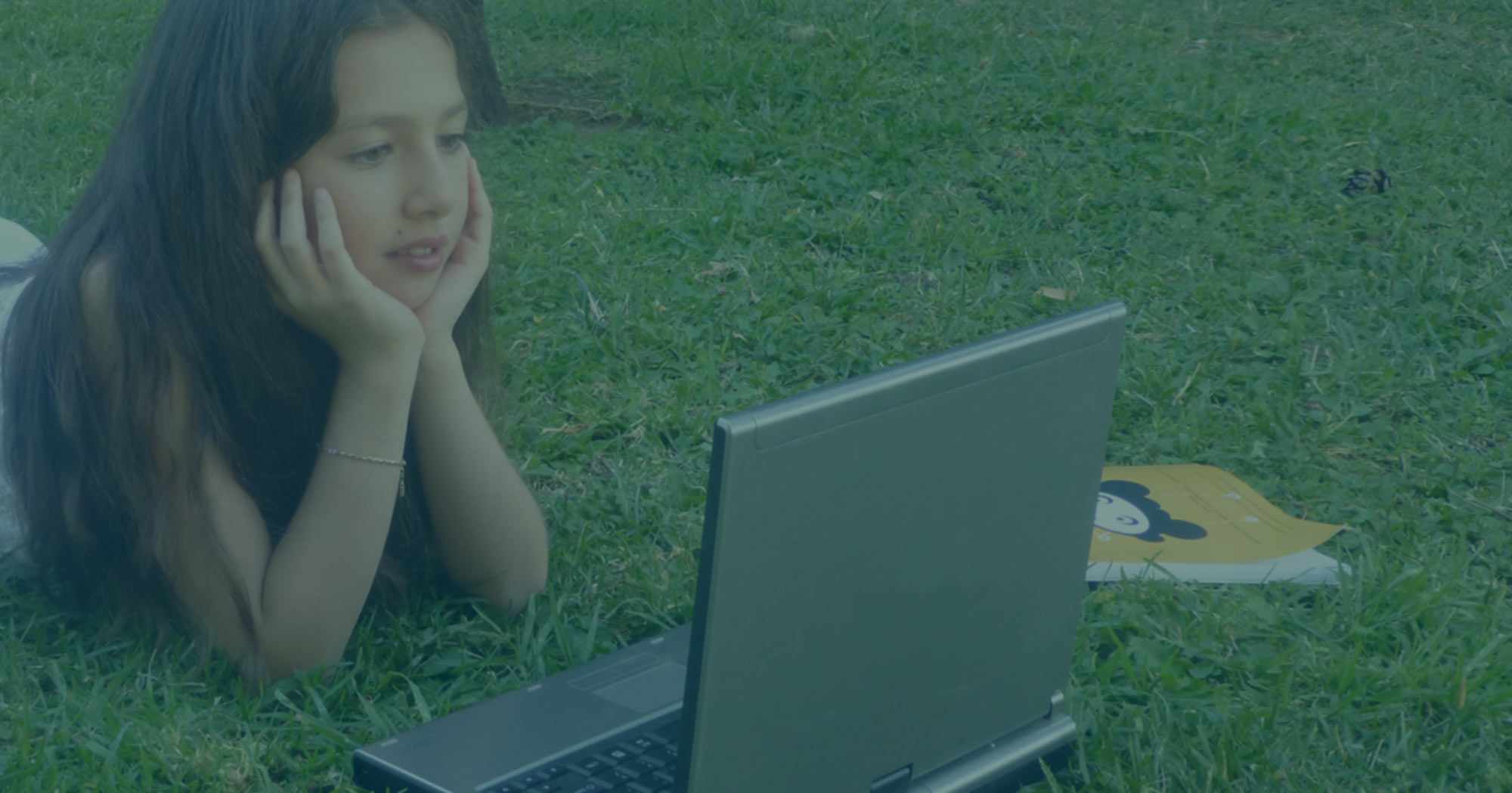
ΠΕΡΙΓΡΑΦΗ ΚΑΙ ΣΤΟΧΟΙ
Περιγραφη
 The book THINK TEEN for Junior High School students has been written according to the specifications of the Pedagogical Institute provided by the revised unified Greek curriculum for English in the Junior High School. The innovation of the book is based on the teaching of English as a school subject through the use of other school subjects ie., the cross-curricular methodology.
The book THINK TEEN for Junior High School students has been written according to the specifications of the Pedagogical Institute provided by the revised unified Greek curriculum for English in the Junior High School. The innovation of the book is based on the teaching of English as a school subject through the use of other school subjects ie., the cross-curricular methodology.
The student's book comprises 10 Units. Each Unit consists of three lessons each. A typical sequence of lessons in each unit is as follows:
- Cover page: Raising awareness of the topic through visual stimulation
- Lesson One Reading/ Listening
- Lesson Two Grammar/ Listening/Speaking/Writing
- Lesson Three Project
- Self-evaluation Test Can-do statements, Focus on learning strategies
Αναλυτικο Προγραμμα
Στοχοι
ΠΕΡΙΓΡΑΦΗ ΚΑΙ ΣΤΟΧΟΙ ΑΝΑ ΕΝΟΤΗΤΑ ΜΑΘΗΜΑΤΟΣ
Unit 1: I'm only human
 LESSON 1:
LESSON 1:
- talk about the contrasts of tribal life with modern day life
- read a text about the tribes of the forest
- Introduce the grammatical form of the Present Simple and Present Continuous
- talk about how tribesmen are different to people in our culture
- listen to a radio interview which relates to the Amazon Indians
- listen two girls talking on the phone about a new boy in class
- write a letter in response giving as much information about yourself as you can
- draw a poster in pairs
Unit 2: Making a difference
 LESSON 1:
LESSON 1:
- define each character in the pictures
- talk about why they were important historical figures
- read the text ''Her work touched many...'' and discuss what kind of things this woman did in her life
- introduce the concept of Past time
- listen to a monologue about a historical film called ‘Spartacus'
- listen to a dialogue between two friends. The friends are discussing a film that one of them has seen
- write a report
- a project in groups on someone in history who made a difference. The Project is called ‘That was his/her life'
Unit 3: Technology in our lives

LESSON 1:
LESSON 1:
- talk about inventions and how they changed the world
- learn how to use the Comparative and superlative adjectives
- learn the difference between fact and opinion
- a quiz: Let's buy it
- quiz
- listen to advertisements of products and fill in the missing information
- write an e-mail to complain
- write a short note to a pen-friend
- design an advertisement to make the products sound attractive
Unit 4: Communication

LESSON 1:
LESSON 1:
- talk about the first impression (facial expression, the way someone is standing or sitting)
- modal verbs
- read the text: ''Body Talk''
- differences and similarities of expressions in different persons
- listen to a dialogue between two schoolmates
- role-play: describe a situation to your partner
- vary the meaning of a statement by changing the stress and intonation on different words
- write a description of a dream, exchange dreams with your partner, explain dreams
- design an outfit for a 13-year-old school student for a fashion magazine
Unit 5: Change and experience

LESSON 1:
LESSON 1:
- introduce the form of Present Perfect, make a statement using the Present Perfect
- difference between ''have been'' and ''have gone''
- read leaflets
- postcards
- the words ''since'' and ''for''
- talk about a bad experience
- listen to a telephone conversation between two friends
- correct a postcard
- make your own postcard to send to a friend
- write a short e-mail to a friend about the film ''El Greco''
- write a short report about a famous woman
Unit 6: What a waste!
 LESSON 1:
LESSON 1:
- things we throw away in public places, recycling, educate people on the benefits of looking after the areas they live
- the first two types of conditional sentences and the word unless
- 3 statements about environmental problems
- short texts about pollution and environment
- listen to a radio programme
- listen to a song
- talk about different environmental problems and the international or national environmental organizations
- talk about solutions to dealing with the waste that people throw out
- write a letter to a friend to give your opinion
- create an awareness campaign
- the steps to create a piece of art from waste and junk
Unit 7: Magnetism and the world we live in
 LESSON 1:
LESSON 1:
- listen to the conversations between some teenagers and find out what the mystery is
- grammar: Past Continuous and Used to
- game: Fact or Myth?
- listen to the guide in the Planetarium describing the life and work of the scientists
- read two texts about magnetism and migration
- natural phenomena
- static electricity
- listen to a song
- story writing competition
- problems for migrating turtles
- project about helping turtles
Unit 8: Getting around

LESSON 1:
LESSON 1:
- means of transport in different countries
- make your own poster: Changes in means of transport through time
- idioms
- articles about transport
- relative Pronouns: who, which, where, when, how
- tag questions
- listen to the noises from a busy street in a big city. What sounds can you hear?
- meaning of the signs
- write a semi-formal letter
- how Bikes for the World could help the people in Namibia
- project: make a plan to get bikes for the people in Namibia
Unit 9: 'Keeping up appearances'
 LESSON 1:
LESSON 1: - Does the way you dress show people how you feel about yourself?
- make a list of items that are the latest fashion for young people today
- game: ask your partner what he/she would like to change about his/her appearance
- make a poster about trends in fashion
- listen to a piece of a song and guess what the song is about
- reading: Psychology in our lives (quiz)
- idioms about clothing
- meaning, use and symbolism of clothes in the past and today
- listen to the guide of the Byzantine Museum talking about the clothes that the people in the Byzantine period wore
- role play: Buying clothes
- writing: 'Teen worries'
- write a short note to tell your friend where a museum is and what kinds of things she/he can see there
- design clothes for a competition
Unit 10: A material world
 LESSON 1:
LESSON 1:- read the text: ''A Plastic World''
- find what will be used in the future to make different products
- find what raw materials are produced in different countries
- what materials will be used in future?
- listen to a school lesson on the History of Silk
- mini project
- silk and social status in the past
- write an email on behalf of a company manager to give explanations to a customer
- ancient Constructions & Mysteries
- prepare your lecture about the Antikythera Mechanism
